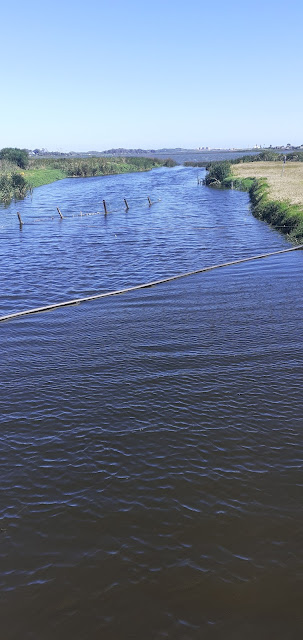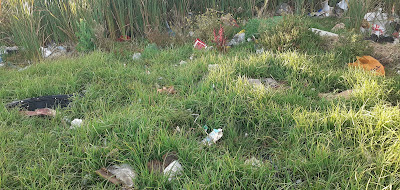 |
| This mountain you see used to be the same as the one in the background before it was destroyed. If this doesn't stop next generations will only see these mountains on pictures and videos |
The Hidden Cost of Granite Mining
Granite mining in Zimbabwe has been on the rise, and it’s often led by Chinese companies. While granite is a beautiful, strong material used in homes and buildings, the process of getting it comes with a heavy cost. The mountains that have stood tall for centuries are now being destroyed, leaving the environment scarred and communities suffering.
Mountains Don't Grow Back
Imagine a giant mountain that took millions of years to form. Now picture it being blasted apart for rocks. That’s what’s happening in Zimbabwe. These mining operations strip away layers of earth, making it hard for plants to grow back. Nature needs time to heal, and when mountains are destroyed, the landscape changes forever.
Pollution: A Silent Killer
It’s not just about the mountains. Mining brings tons of dust and chemicals that pollute the air and water. Have you ever thought about where your drinking water comes from? When nearby rivers are filled with mining waste, it puts everyone at risk. Families can get sick, and animals can’t survive in polluted streams. This should worry us all.
Lost Homes and Livelihoods
Many local villagers depend on the land for their living. When mining companies come in, they take over these lands and push people out. Imagine losing your home because someone else wants to dig for rocks. People are left with nowhere to go and no way to earn a living. The promise of jobs often doesn’t match reality; many workers face unsafe conditions and low pay.
Environmental Laws in the Shadows
Zimbabwe has laws meant to protect the environment. Unfortunately, these rules aren’t always enforced. Mining companies sometimes get away with cutting corners. It’s like having a safety net that has holes in it. Without strict enforcement, the land and its people continue to suffer.
The Fight for a Greener Future
Local communities are starting to stand up against these mining practices. They know that if they don't speak out, the mountains will vanish, and their families will face even harder lives. Activists are pushing for better regulations and more support for sustainable practices. People are realizing that granite isn't worth the sacrifice of their homes and health.
Conclusion: The Choice is Ours
As consumers, we have the power to make choices that protect our environment. When we think about the products we buy, we should consider where they come from and how they impact the world. If we choose to demand responsible mining, maybe we can save those beautiful mountains in Zimbabwe from destruction. It’s time to stand together for a cleaner, healthier planet.







